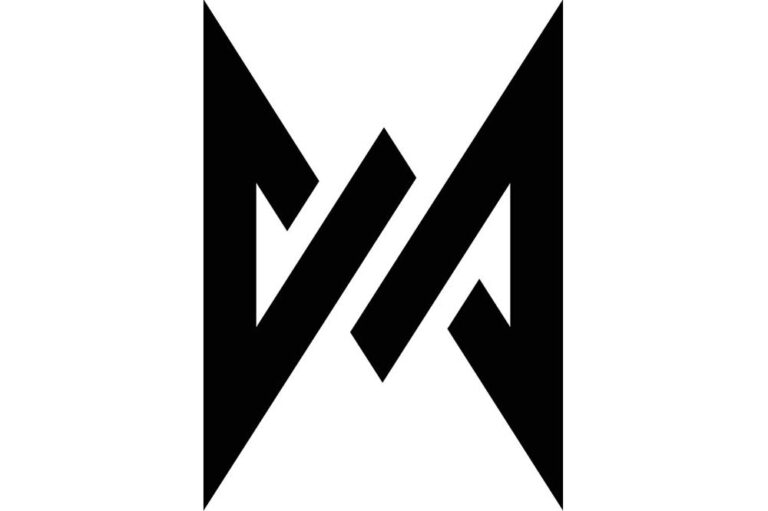There’s a lot of pixellated ink being spilled over the Horror Writers Association’s decision, announced today, to allow self-published writers to qualify for its voting tier of membership. (I voted “nay” in the referendum, by the way.)
The HWA allows anyone with a serious interest in the genre to join, but to have a so-called “Active” membership, you must be a professional writer. To prove oneself as a pro, you have to submit evidence of so-many sales for so-much money. This qualification bar isn’t unique to the HWA. The Science Fiction & Fantasy Writers of America (SFWA), Mystery Writers of America (MWA), and Romance Writers of America (RWA) all have similar requirements for their highest membership levels.
If you’re not a writer, though, you may not give a shit, and I wouldn’t blame you. On its surface, this is nothing more than a bit of legalistic hairsplitting within the publishing industry. The HWA has merely chosen to accept evidence of a type of financial success as a writer, in which writers may be their own publishers through places like Lulu.com, CreateSpace, or PublishAmerica, as an alternative to evidence of financial success through publishers like Houghton Mifflin Harcourt, Simon & Schuster, and Random House.
What? I hear you say. Did he just compare Lulu to the venerable Houghton Mifflin? Yes, I did — and with its decision, so did the HWA. And that’s where lowering the bar rankles people like me. (It also rankles former HWA member Nicholas Kaufman, who has an excellent reaction piece on his blog.)
But again, you’re a reader, so why should you care? If someone has made thousands of dollars as a self-published author, then surely that proves they know just as much about writing as do the traditionally published authors (i.e., writers who did not finance the publication of their books) who made the same amount. In fact, some self-published authors even make a living off their writing, whereas some traditionally published authors (like me) do not. Both species of writer are “professional” in their own right, you might say.*
If you’re not a writer or publisher, though, you might not care about these distinctions (other than that it is damn hard to find a good book these days from among the hundreds of thousands published every year, thanks to places like Lulu). This is the 21st Century, you old fart! you might say. In fact, my colleagues in the HWA went so far as to label me as antiquated, stunningly misinformed, ignorant, and insulting.
Well, that may be. Maybe I’m wrong, and this is the sparkling new wave of the future. Maybe this will invigorate the HWA’s enemic membership numbers and shine happy rainbows all over its future intra-organizational discourse. That’s its hope, anyway.
But my questions are these. The next time the HWA needs to swing its dick around inside a fight arena like what’s happening over at Amazon, will it be taken more or less seriously? The same for any other discussions with bookstores (brick-and-mortar and online), publishers (traditional or not), library associations, and schools. I also wonder if I’m going to have anything in common with writers who may not have ever submitted a story for publication or received a rejection letter. And lastly, I wonder this: if I perceive no value in an HWA membership, should I quit?
Do you care what just happened in the HWA? Maybe I should ask that of myself.
*The schism between traditional and self-pub goes way back to the so-called Golden Rule, which says, “Money flows to the author and not from the author.” Writers who merely swipe a credit card to see their book in print, regardless of its quality, are usually seen as an insult to those who compete against other writers for a limited number of publishing slots. When viewed from the perspective of a reader who has to wade through 200,000 self-published titles more likely than not to be crap (because there wasn’t a quality-control barrier between the writer and the printing press) in order to find a single non-crap title (more likely than not from a traditional publisher), this can quickly be seen as a zero-sum game. Self-pub’d writers can gobble up the limited pieces of a reader’s attention-span pie. In fact, the perceived quality of self-pub’d titles is so bad that chain bookstores usually won’t stock them — a decision that manifests as a blanket prohibition against a printing technology known as Print On Demand (POD), which unfairly victimizes those traditional publishers, such as Raw Dog Screaming Press, who have used POD because they can’t afford a 10,000-copy offset run.

